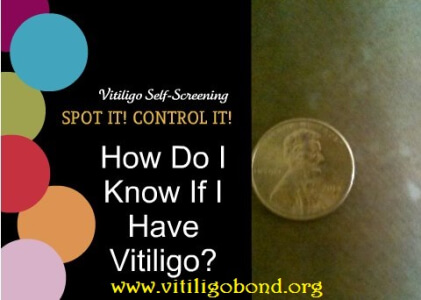How can I determine if I have vitiligo?
Vitiligo often begins with a small white spot, resembling a mark made by a sharpie, which may go unnoticed for years. Occasionally, this white spot can re-pigment on its own. People typically notice the depigmentation when the spot enlarges and becomes more pronounced sometimes forming heart shapes. If you observe the spot increasing in size, it’s advisable to consult your dermatologist. Areas frequently exposed to the sun, such as the face, hands, and feet, are usually the first to lose pigment. Vitiligo lies dormant in all humans and it’s triggered by stressors. It affects individuals of all genders and ages. Other body parts can also be impacted by vitiligo, leading to premature graying of hair in areas where it grows.
Three patterns or characteristics to identify on the body include:
- Focal: Affects a few localized areas
- Segmental: Affects one side of the body
- Generalized: Appears on various areas in a symmetrical pattern
You can perform an annual spot check with a partner or in front of a mirror. If you find a white spot, don’t panic; sometimes the body can re-pigment itself. However, if the spot seems to be growing, seek advice from a dermatologist.
If you suspect you have vitiligo, we invite you to our Vitiligo Support Group meeting on:
DATE: Saturday, September 6th, 2014
VENUE: Emory University
(Alperin Auditorium, Emory University, 1525 Clifton Road, Atlanta, GA 30322)
TIME: 11:00 AM – 12:00 PM
AGENDA: Join us to learn about vitiligo from Dr. Sulochana Bhandarkar, an Emory University Medical doctor, and special guest Dr. Anantha Holla from India, who has extensive research experience and has treated numerous individuals with his holistic and innovative treatment methods. Discover how to manage life with vitiligo from Atlanta members, learn about its underlying causes, and identify potential dietary or environmental triggers. Join our Facebook support group at www.facebook.com/vitiligobondinc.
